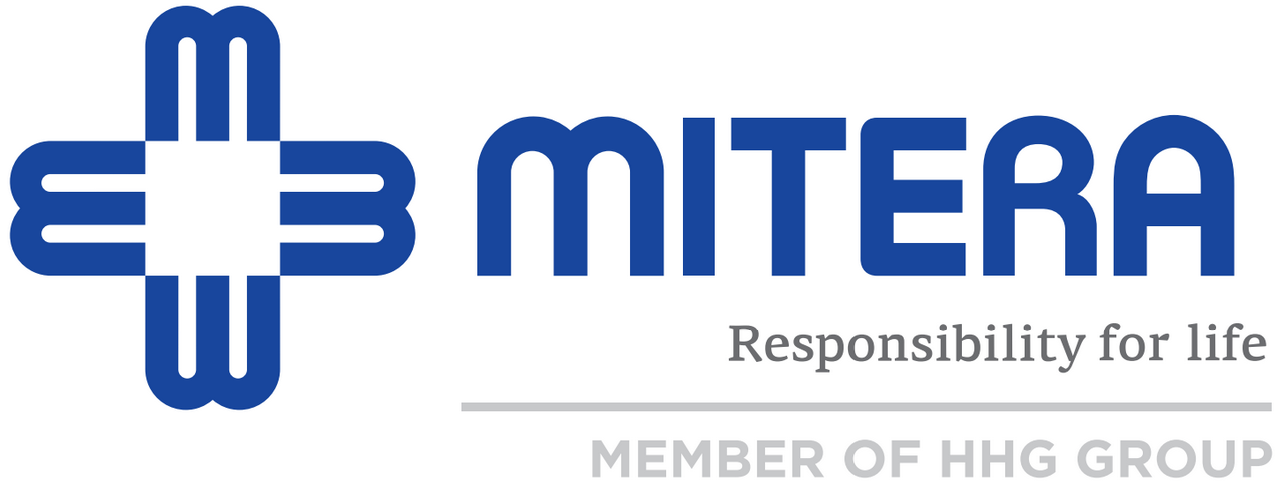Transoesophageal echocardiogram
The Transoesophageal echocardiogram (TOE) is a special test performed by a certified experienced cardiologist and is necessary when better imaging of the anatomy of the heart is needed. A more detailed examination of the cardiac chambers, valves and the big vessels of the heart are achieved using a special probe that is passed into the oesophagus.
How is the test performed?
- You need to fast (have nothing to eat or drink) for at least six hours prior to the test.
- On arrival a detailed explanation of the test will be given and you will be asked to sign a consent form before the procedure.
- A peripheral cannula will be inserted.
- A local anesthetic spray (xylocaine) will be administered at the back of your throat and a mild sedation will be given via the cannula.
- The probe is a flexible rubber tube and is passed into the oesophagus and images of the heart are obtained. This part of the process takes about 10 minutes but you should allow 1 hour for the full appointment.
- A cardiologist and a specialized nurse will be present throughout the test to monitor, reassure, and answer any questions you may have.
- If you have severe problems with swallowing or have had previous surgery to your oesophagus, or a condition such as a pharyngeal pouch or oesophageal varices, please let us know. These are uncommon but would require further preparation before we could proceed.
Instructions after TOE
- You will be asked not to eat or drink anything for about 30 minutes after the test is completed due to the possible effect of the local anesthesia.
- Try not to get up instantly and walk by yourself right after the test ends to avoid any accidents due to the effect of the sedation.
- After half an hour, the nurse will give you some cold water to drink to check the full recovery of your swallowing reflexes. When everything is back to normal you can safely leave the hospital. A mild numbness in the throat may remain for a couple of days.
- You should organize someone to take you home as it is not advisable to drive for a few hours.
- Try to avoid very hot foods or drinks for an hour after the test.
- Although most likely you will be feeling fine it would be better not to drive, drink alcohol, or take any sleeping pills for a few hours.


